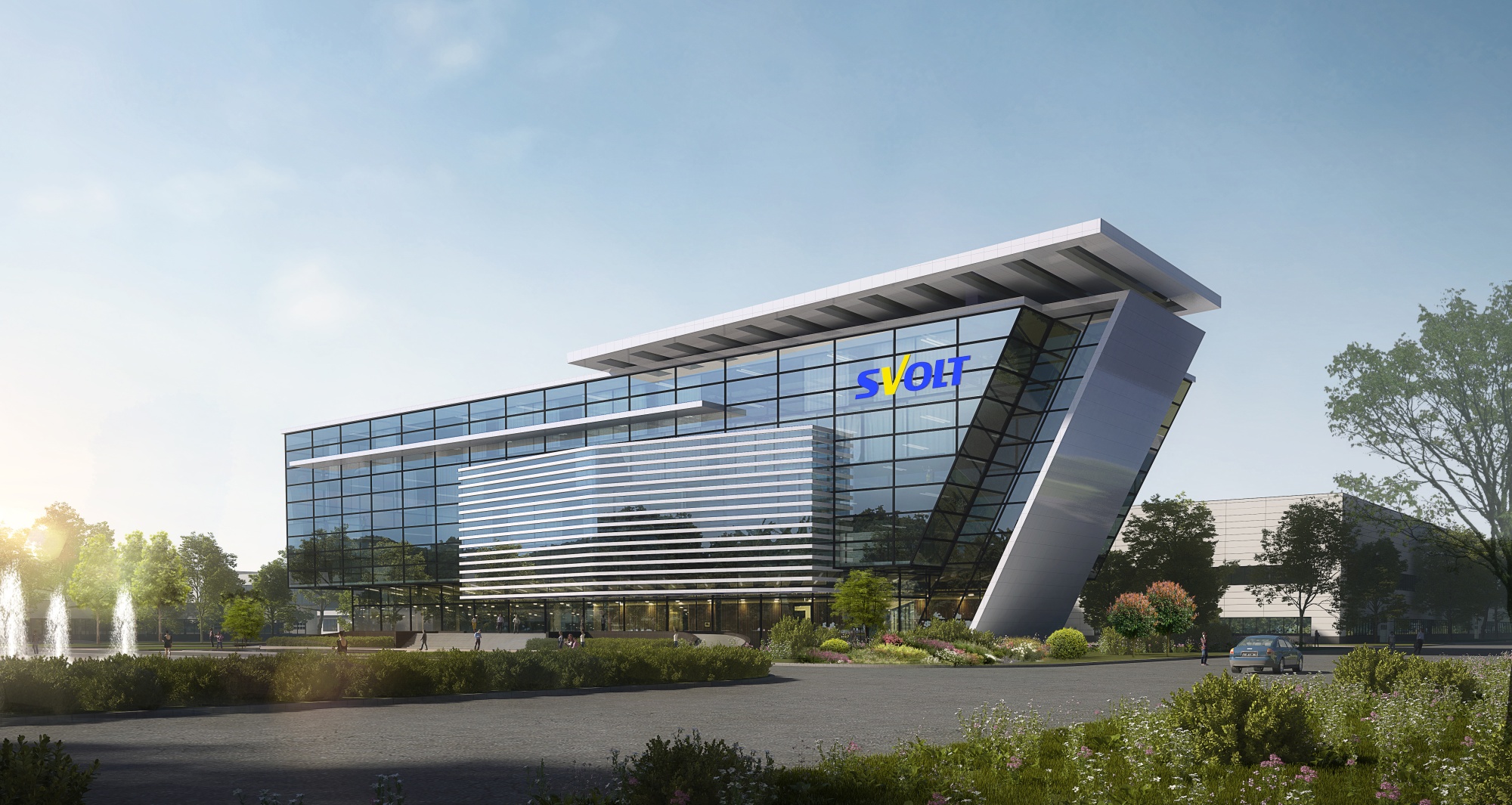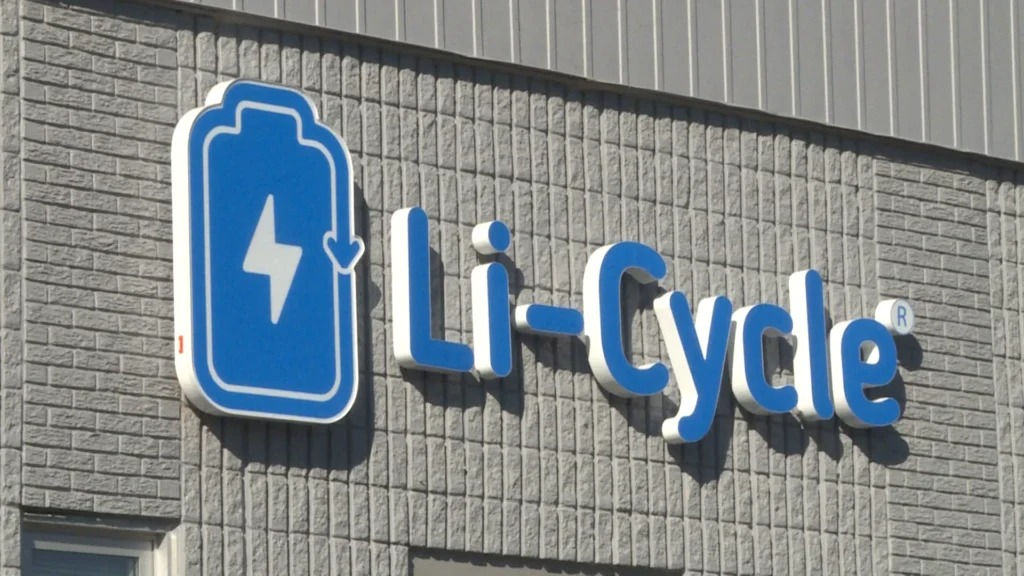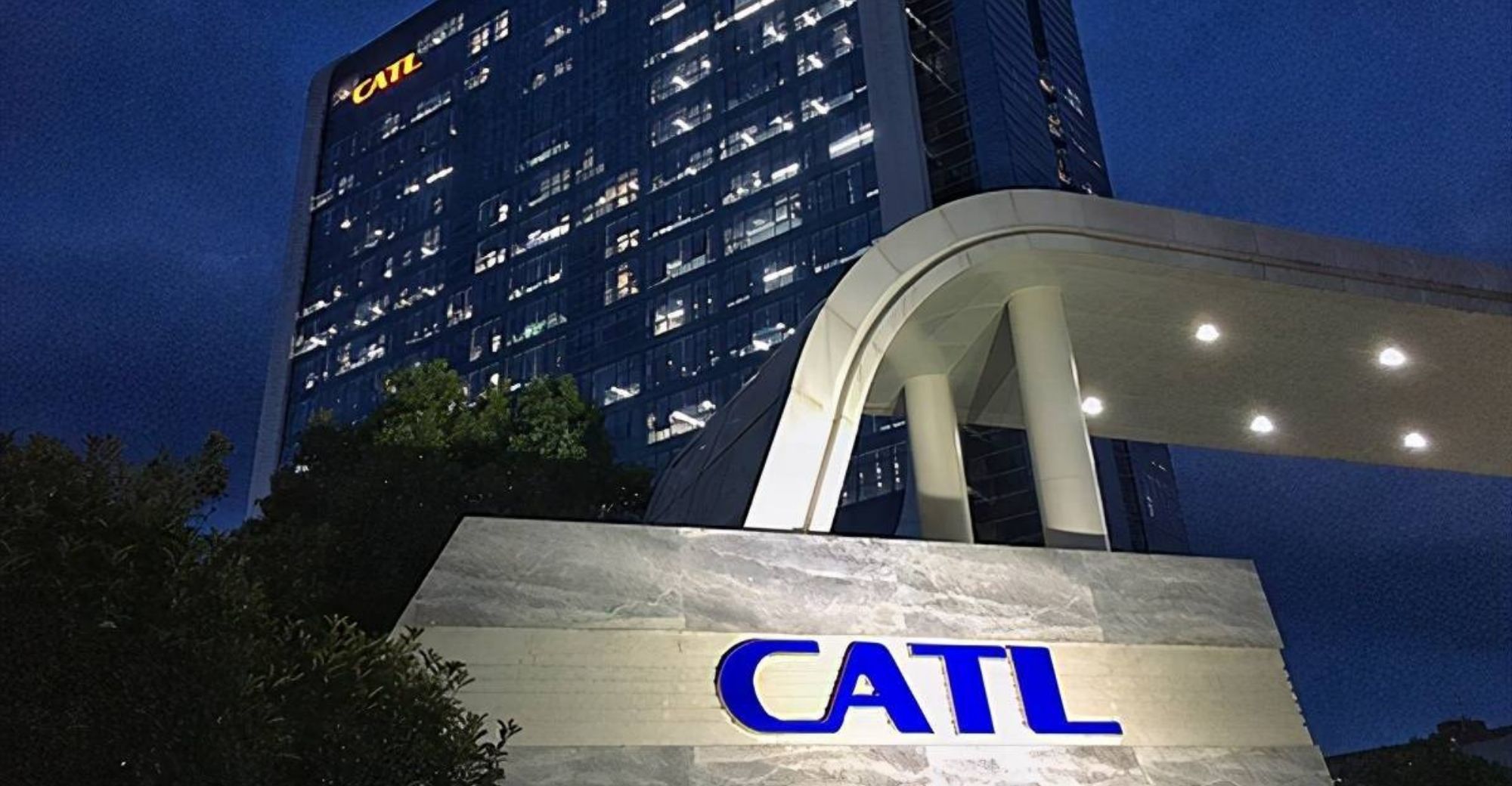Western Australia has recently announced that it will provide land to a new battery metal processing facility proposed by IGO and Wyloo Metals, backed by billionaire Andrew Forrest. The move comes as Australia seeks to reduce its global reliance on China, which dominates the sector, and to move up the critical mineral value chain. The proposed facility will produce nickel-cobalt-manganese precursor cathode active material, which is used to make components for the lithium-ion batteries commonly found in electric vehicles.
The facility will be located in the Kwinana-Rockingham Strategic Industrial Area, and will cover 30 hectares of land. The plant is expected to cost up to A$1 billion ($678 million). A final investment decision will depend on a feasibility study, due in mid-2024, and finding a project partner with battery chemical processing experience.
The state of Western Australia holds a majority of Australia’s critical mineral reserves and is at the forefront of the push to build processing capacity. The proposed facility will be next to the Kwinana Lithium Hydroxide plant, jointly owned by IGO and China’s Tianqi Lithium Corp, which produced the country’s first battery-grade lithium hydroxide last year, a critical input for electric-vehicle batteries.
According to IGO’s statement, a global battery chemical manufacturer has shown “strong interest” in the project, indicating its potential to attract significant investment. Matt Dusci, the acting CEO of IGO, believes that mid-stream battery chemical processing is where Australia can be most competitive, and the land deal is a “critical step” towards better integration into the battery supply chain.
The move towards processing critical minerals at home is part of a wider trend towards increasing national self-sufficiency in supply chains, particularly in industries critical to national security and technological development. With the global demand for electric vehicles and renewable energy storage solutions growing rapidly, the establishment of new battery metal processing facilities could have significant economic benefits for Australia in the long term.






